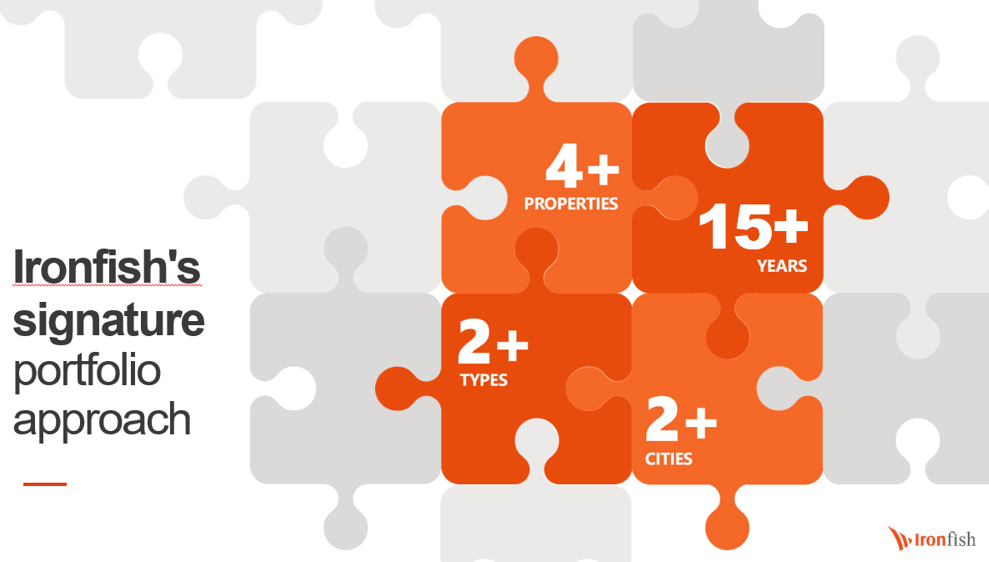How To Use Equity To Invest In Property
Equity acts like a powerful tool in the world of property investment. It provides investors with the opportunity to leverage their investments and gain access to larger sums of capital to purchase investment properties, without having to put up all the money themselves.
Property equity refers to the difference between the current market value of a property and any outstanding mortgage or debt owed on that property. In simple terms, it is the portion of the property that you actually own.


